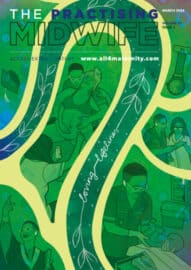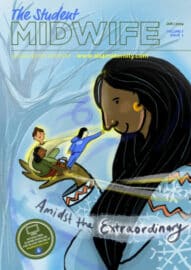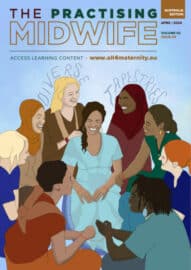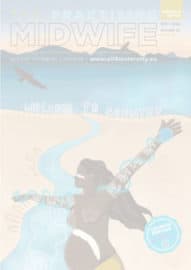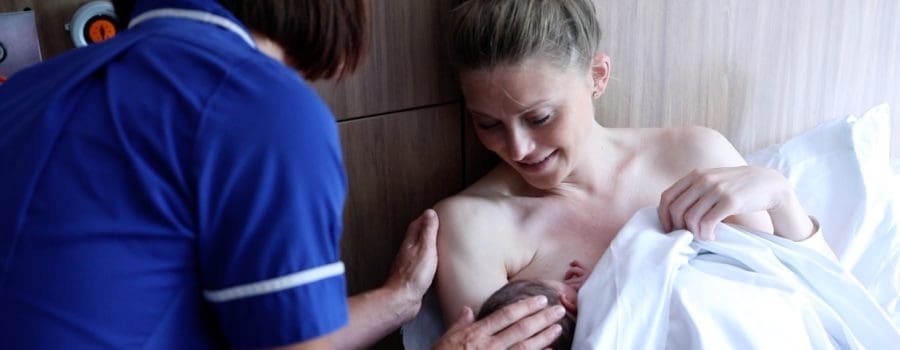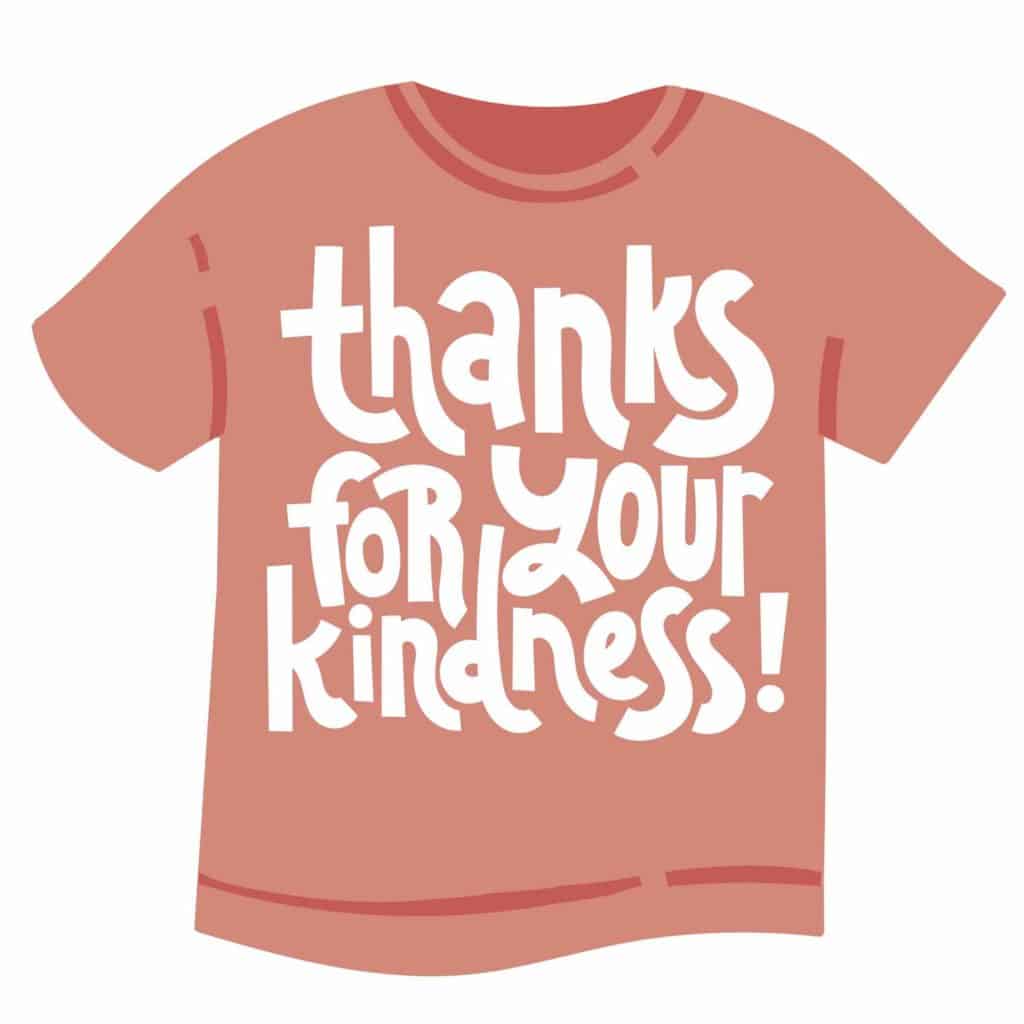
Recently, I posted about the #FedisBest campaign. I soon realised that I had misunderstood the concept – and a few hours later, removed it from my blog. The next day, I shared my reflective learning with my followers. I wanted to show what I had learnt and how I had learned it, what my misunderstandings had been, and how I felt. Truthfully, I was embarrassed that I had previously posted about what I now know to be false assumptions. Posting about my reflective learning was scary – I wasn’t sure what people would think and didn’t want to offend anyone. I was still ashamed of myself and knew that lots of people who followed me would have strong opinions on such an emotive topic. Instead, to my surprise and relief, my reflective post was received with encouragement, positivity and praise. I was asked if I would to like to write about my reflection and what I’ve learnt. So here is my story from a very new first year student midwife who has a LOT to learn…
Of course, we all want babies to be fed…
Originally, I had understood that ‘Fed is Best’ was a concept about babies receiving correct nutrition and perhaps if you didn’t support the campaign, then you were implying you didn’t care about the feeding of babies. Now I realise that The Fed is Best Foundation implies that the “best” for babies is simply being fed, rather than a minimal standard. Of course, we all want babies to be fed; it makes no sense to imply anything else. My other assumption of the ‘Fed is Best’ campaign was that it supports womens’ informed choices in a non-judgemental way. With my further reading, I now realise that finding unbiased information about such a sensitive but important topic is difficult. What scares me the most is that if I, a healthcare professional-in-training, misunderstood the concept – how many vulnerable new mothers have also been misled by the campaign?
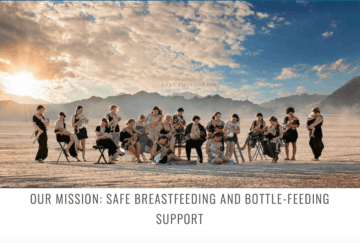
I am so grateful that these messages were sent to me with respect and kindness
Following my original post, some of my followers contacted me directly with links to articles and information which gave other viewpoints on #FedisBest. I am so grateful that these messages were sent to me with respect and kindness. I was not belittled, or sent hateful comments, even though I’m sure I offended many of my followers. A positive of this situation has shown me how social media can be used in a kind way – I have learnt so much, and if I hadn’t posted about the campaign, I would probably still be in my naïve bubble of confusion and misconceptions. I am the first to admit that as I am so new to midwifery, there are huge gaps in my knowledge and skills. I have so far to go, but we all must start somewhere. This is what my blog is about – sharing honestly about each step in my journey, whether it’s forwards or backwards.
The article that really helped me learn was written by Professor Amy Brown; ‘Why Fed Will Never Be Best: The FIB Letting Our New Mothers Down’. I already knew that as a society, we are being let down in many areas; not just in healthcare. However, Amy wrote in a way that showed me exactly what was missing; Where is the support? Where is the funding, the information, the awareness, the acceptance? There are so many gaps in our provision of feeding support – no wonder new mothers feel so vulnerable, confused, exhausted and alone. No one should feel like that. According to the most recent statistics published by Public Health England, 74% of women began breastfeeding, yet by 6 months only 36% of babies are breastfed (UNICEF, 2019). Shockingly, just 1% of these babies are exclusively breastfed – England has the worst breastfeeding in the developed world (UNICEF, 2019). Overall, these statistics show that women want to breastfeed. They are initially choosing to give their babies the very best, but they are left unsupported and let down by a society and system which is failing them. Women turn to formula feeding riddled with shame, guilt and sadness. Formula feeding wasn’t their first choice, and it isn’t their fault that they were left unsupported in a time of desperate need – yet women often punish themselves. They become defensive of their choices, vulnerable to the FedisBest campaign, and a vicious cycle begins. This has to stop.
Amy’s article also made me realise that at no other point in our lives do we accept fed as best, rather than an absolute minimum. There are plenty of national campaigns focusing on optimal nutrition that are directed at adults, pregnant women and the elderly. Concepts such as 5-a-day, and the promotion of healthy and balanced diet, as illustrated in guidelines published by the World Health Organisation (WHO, 2018), focus on optimising the health and wellbeing for children and adults alike. So why is it different for babies?
The formula milk market needs regulating
If there were more funding, healthcare professionals could support new mums better, and breastfeeding rates would rise. I think Amy illustrated a fantastic point, that promoting the importance of breastfeeding is not criticising formula fed babies. Instead, campaigning for more funding and support of breastfeeding is helping to protect future generations. Brown (2017) states that breastfeeding decreases the risk of avoidable illnesses and subsequent costly GP appointments and hospital admissions. So, in the interest of the cost of feeding, breastfeeding would save money not only for parents but the NHS too. If breastfeeding rates were to rise, as parents saved their money, the formula feeding industry would lose their profits. Brown (2017) points out that babies need prioritising in the currently greedy and profit-driven formula feeding market. Of course, I knew this already, but I had not really thought about the extent of the advertising and effects of such a dominating market on child health. The formula milk market needs regulating further to protect vulnerable new mothers and future generations from being lured in by false promises and influential marketing.
I want women’s informed choices to be supported. In an ideal world, I would hope that whether women choose to formula feed or breastfeed, they chose knowing the benefits and risks of both. I would hope that they aren’t met with judgement, but support. I would hope that they are listened to and are understood. How to feed your baby is a big choice and has a huge influence on both mum and baby’s health. For such an important issue, where is the much-needed support and funding? We are letting our new mothers and their children down. Things need to change. Mothers who want to breastfeed should live in a society that supports them to do so. This is what is best – not just being fed.
I feel embarrassed….
Although I feel embarrassed about publicly sharing my misunderstandings and may have led to others unintentionally being misinformed too, I’ve learnt lots in a positive way, thanks to social media and my followers. I plan to do more reading of articles and research about infant feeding. I will also investigate what the organisation where I work does to support infant feeding and I’ve got Amy Brown’s ‘The Positive Breastfeeding Book’ on my must-read list!
I would encourage reflective learning as a method of analysing your own thoughts and other’s viewpoints on any topic that interests you. You can use your own structure; I simply wrote down a bullet point list of my initial thoughts, what I learnt, the positives and negatives of the experience and what I plan to do next to progress my learning. Especially in healthcare, where the pace is so fast, reflection is as equally important as continuous learning. The message I would like to leave you with is; be honest, be kind, and never stop learning and reflecting – who knows where it will take you next?
References:
Amy Brown (2017) Why Fed Will Never Be Best: The FIB Letting Our New Mothers Down [online]. Available at: https://www.huffingtonpost.co.uk/amy-brown/why-fed-will-never-be-bes_b_12311894.html?guccounter=1&guce_referrer_us=aHR0cHM6Ly93d3cuZ29vZ2xlLmNvLnVrLw&guce_referrer_cs=75cfRoIyJK2qjgaVVVwFxw [Accessed 14 December 2018].
The Fed is Best Foundation (2018) Our Mission: Why ‘Fed is Best’ [online]. Available at: https://fedisbest.org/ [Accessed 13 December 2018].
Unicef (2019) Breastfeeding in England [online]. Available at: https://www.unicef.org.uk/babyfriendly/about/breastfeeding-in-the-uk/breastfeeding-in-england/ [Accessed 12 February 2019].
World Health Organisation (2018) Healthy Diet [online]. Available at: https://www.who.int/nutrition/publications/nutrientrequirements/healthy_diet_fact_sheet_394.pdf?ua=1 [Accessed 15 February 2019].

